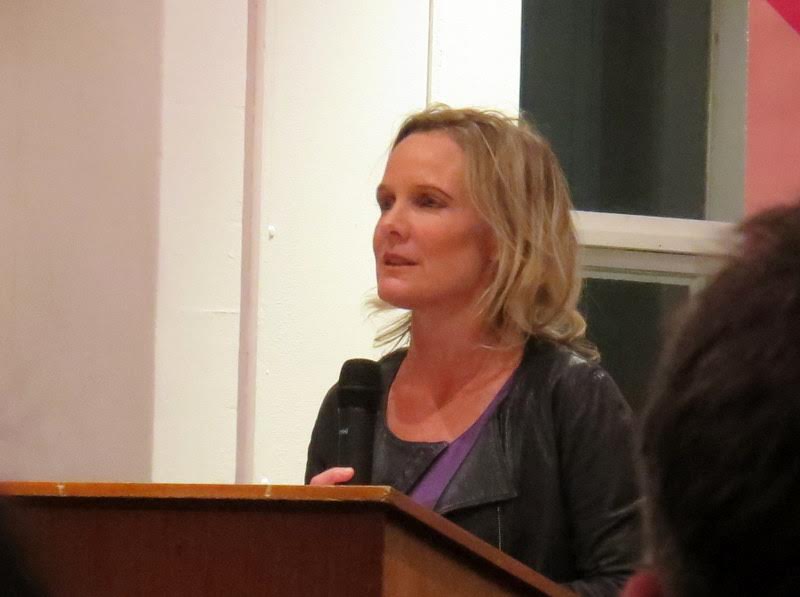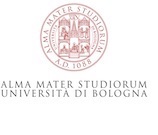SARAH NUTTALL
|
 |
|
Session One: The Earth as a Prison? Session One will take the form of a lecture. For Session Two I would like to convene a workshop-style session, based around pre-circulated readings and lively interaction and exchange amongst students. Session Three will follow a conversational model, will a series of observations and questions from me, drawing on visual material as a device for discussion. Abstracts for sessions One and Two ONE. If the Anthropocene is the new situation of critical theory and postcolonial criticism, as Ian Baucom puts it, one which pivots towards the trans-human and asks us to conceptualize time differently, what are the implications for literary form and method? I am going to consider these questions from the vantage point of an emergent African aesthetic archive – a fascinating array of film, media and art installations – but with a special emphasis on fictional writing. TWO. A reflection on the many deaths, as well as the new lives, of secrecy, in our political and cultural age. I want to consider here through rubrics which include current forms of urbanity, selfhood, finance and security, new struggles over the means and meanings of secrecy and transparency, conspiracy and intimacy. I will draw on a set of readings from a South African and more broadly Indian Ocean archive to consider processes of encounter and enclaving, in order to give new forms and content to these debates. Sarah Nuttall is Professor of Literary and Cultural Studies and the Director of WISER (Wits Institute for Social and Economic Research) in Johannesburg, South Africa. She is the author of Entanglement: Literary and Cultural Reflections on Postapartheid; editor of Beautiful/Ugly: African and Diaspora Aesthetics, and co-editor of many books, including Negotiating the Past: The Making of Memory in South Africa, Johannesburg – The Elusive Metropolis and Load Shedding: Writing On and Over the Edge of South Africa. Recent essays include ‘Private Lives and Public Cultures in South Africa’, ‘Mandela’s Mortality’ and ‘Secrecy’s Softwares’. She has for many years taught the Fall semester at Yale and then Duke Universities. From January to May 2016, she was an Oppenheimer Fellow at the Du Bois Institute at Harvard University. For three years Sarah has directed WiSER, one of the largest and most established Institutes of humanities scholarship across the global South |



